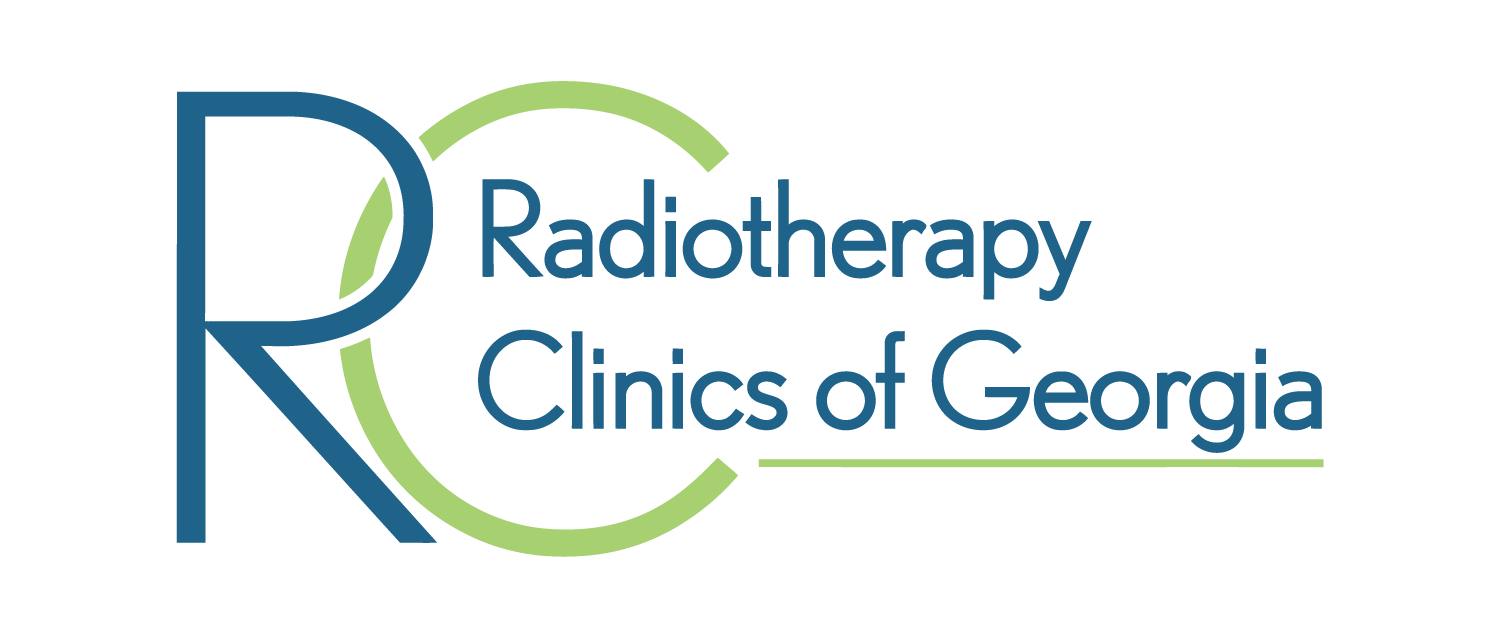
If you smoke, it’s likely you know that quitting is the best thing you can do to lower your risk of developing lung cancer. If you don’t smoke, however, you might assume that lung cancer won’t happen to you. But did you know there are other factors that can contribute to the development of lung cancer. In fact, about 10-20% of lung cancer is diagnosed each year in people who have never smoked before! Because of this, it’s wise to know what else can put you at risk.
1. Radon Exposure Can Lead to Lung Cancer
Radon is a naturally-occurring gas produced by the radioactive decay of the element radium. Common places you might be exposed to radon are homes, schools, and workplaces — but, because it has no odor, you’d never know it. Long-term exposure to this gas can lead to lung cancer. To minimize the risk, test your home for radon or install a radon mitigation system if tests show that you have high levels of radon in your home or workplace. You can also seal any cracks in the foundation to keep the gas from entering your home or office’s air.
According to the Georgia Department of Public Health, radon gas is more common in northern Georgia because of geology and soil composition. Learn how to test for radon in your area.
2. Hazardous Chemicals
Lung cancer can occur when cancer-causing agents like benzene and asbestos are inhaled or consumed. Continuous exposure to these carcinogens can cause the cells in your lungs to mutate and form cancer. It’s best to do what you can to avoid contact with these harmful substances as they can remain in your system for some time after you’ve been in contact with them.
3. Air Pollution Can Contribute to Lung Cancer Development
Air pollution is a major contributor to lung cancer. The more in contact, you are with high levels of it, the greater the chance of tumor growth happening in your lungs due to DNA damage.
Unfortunately, larger cities aren’t necessarily known for having the best air quality therefore living in and around the Atlanta area can make it challenging to avoid exposure altogether. You can, however, take precautions on a smaller scale such as carpooling, using an air filter in your home, and checking the daily air pollution forecasts in your area so you can adjust outdoor activities on days when levels are high. Learn more about the State of the Air in Georgia.
4. Reduce Exposure to Secondhand Smoke
Inhaling secondhand smoke puts you at a greater risk of developing lung cancer. If you have a smoker living in your home, consider asking them to smoke less indoors or quit altogether. Even the chemical residue left on their clothes and skin when not actively smoking can lead to cancer. When visiting friends and family members who smoke, try to move those visits outside as often as possible to minimize smoke contact.
If you’re unable to avoid the secondhand smoke, use air filters as much as possible and frequently wash bedding, drapes and other soft furnishings in your home.
5. Acquired Genetic Mutations
Genetic mutations can play a big role in whether you develop lung cancer. Specifically, acquired mutations, which are mutations that cannot be passed down through the family. Instead, these genetic changes are acquired during your lifetime and are present only in certain cells in the lung. Mutations in the TP53, EGFR, and KRAS genes are common in lung cancers. You may not know that you have this mutation unless you’re diagnosed with lung cancer. However, it’s important to know that some of these mutations are not related to smoking. The reason for the mutation is unclear at this time.
Can You Be Screened for Lung Cancer?
Lung cancer screening, which involves a low-dose chest CT scan, is not recommended for those who have no history of smoking. Screening is possible, but it’s currently meant only for those with an extensive smoking history.
The best thing you can do is stay aware of lung cancer symptoms as well as take action to lower your risk.
Lung Cancer Symptoms Among People Who Never Smoked
If you’re a non-smoker, you might not think much about symptoms like coughing and shortness of breath when you experience them. These two common symptoms of lung cancer in non-smokers are usually caused by a condition called pulmonary fibrosis, where scar tissue forms on and around your lungs. If you have no other accompanying symptoms such as a fever that could point to it being a virus, schedule an appointment to be checked out by a lung specialist (pulmonologist).
Your doctor may perform a CT scan, a chest X-ray, and/or lab tests especially if these symptoms have lasted for more than a few weeks. These tests determine if any area of the lung needs a biopsy or if there is another condition causing the symptoms.
Lowering Your Risk of Developing Lung Cancer
There is no guarantee you won’t develop lung cancer or any other type of cancer even if you work to lower your risk levels. But, there are ways you can reduce your risks, such as making healthy lifestyle choices, maintaining a healthy weight, monitoring your home for radon, and avoiding secondhand smoke or other cancer-causing chemicals that could be inhaled as much as possible.
Lung Cancer Care Conveniently Located in the Atlanta Area
If you are newly diagnosed with lung cancer, treatments are available locally in the Atlanta area. RCOG has a team of experts conveniently located in cities throughout the Atlanta area, including Conyers, Covington, Decatur, and Snellville.



